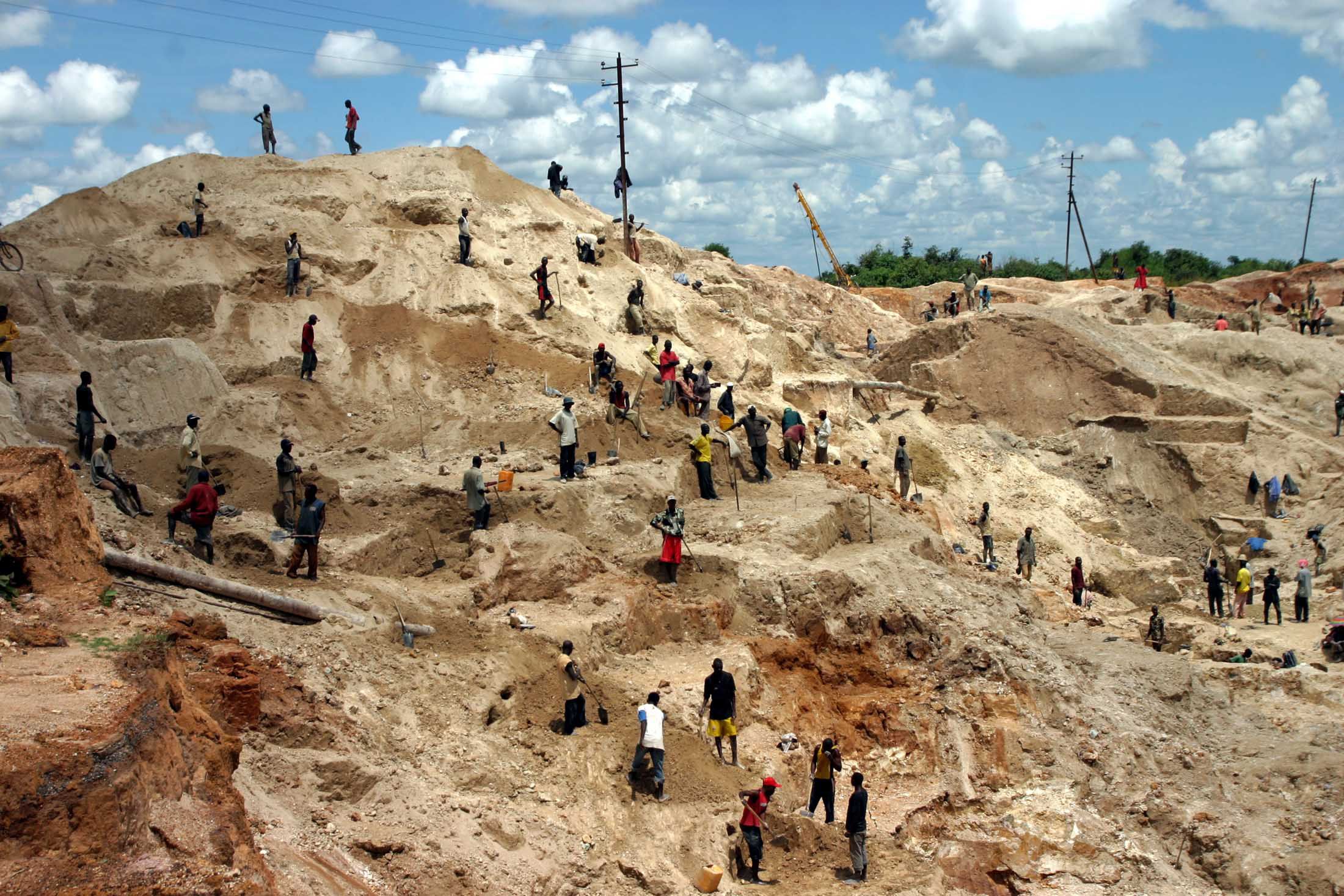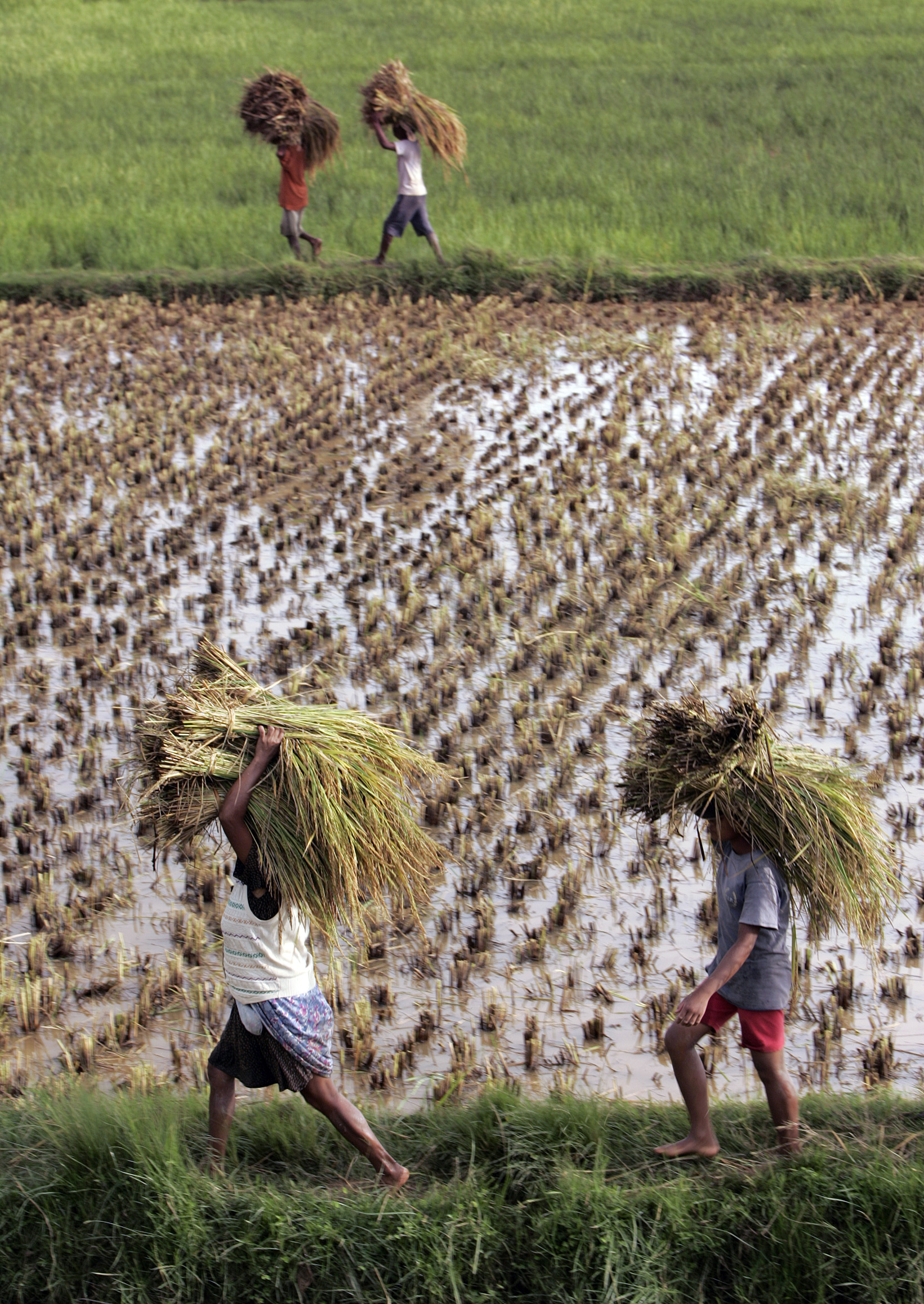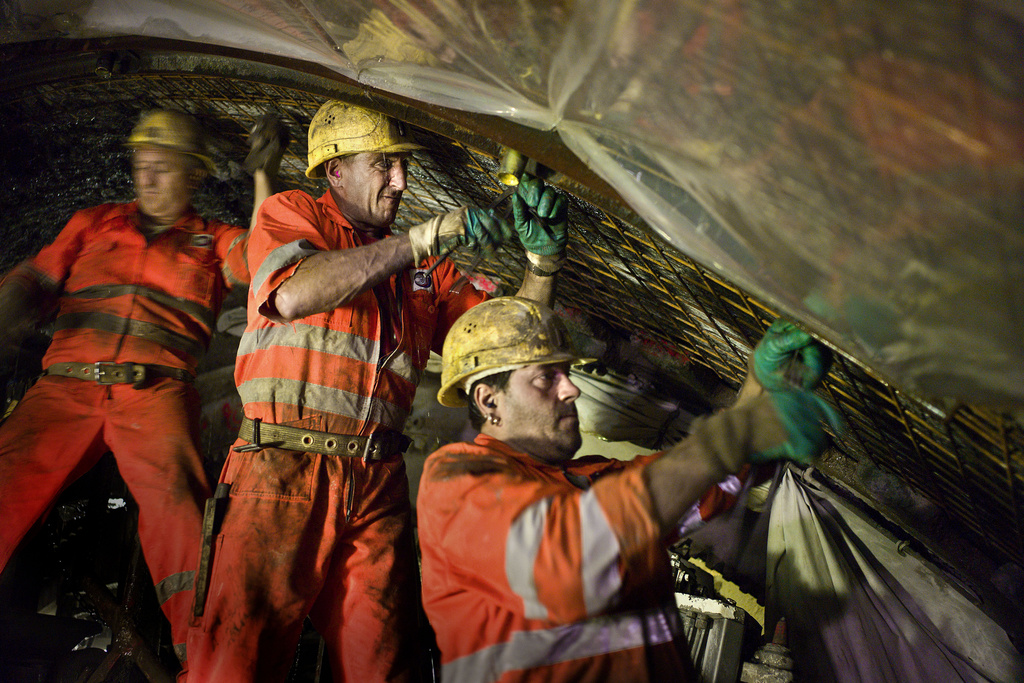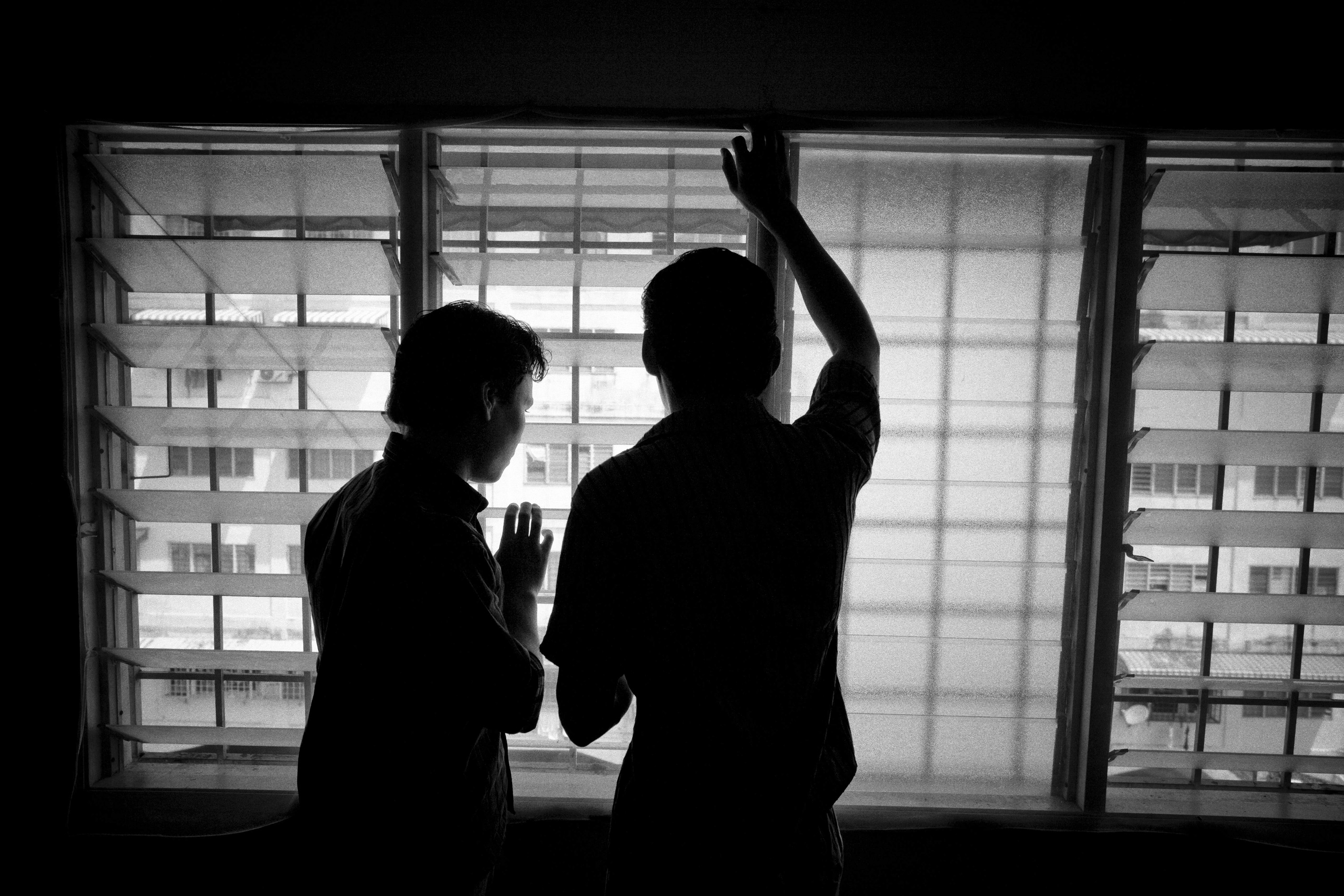Glencore accused of rights abuses in Congo

Observers have accused Swiss-based commodities trading giant Glencore of human rights abuses in the Democratic Republic of Congo, allegations the firm denies.
Congo is rich in raw materials, but its population is among the poorest on the globe. A situation non-governmental organisations say multinationals in the mining sector are taking advantage of.
One in four mobile phones sold in Switzerland is produced from raw materials from mines in the Congo and the central African country has among the world’s largest deposits of gold, copper, tin and diamonds.
But 84 per cent of the population survives on less than $2 (SFr1.9) a day.
“Often multinationals active in the mining sector take advantage of corruption and state absence to ensure a large part of profits, on the backs of the workers and local population,” Chantal Peyer, from NGO Bread For All, told swissinfo.ch.
Glencore, a multinational based in canton Zug and one of the world’s largest commodities’ traders, has come under particular fire from Bread for All and its fellow NGO the Swiss Catholic Lenten Fund.
A study published on Thursday by the two organisations accuses the company of human rights abuses, child labour, pollution and tax evasion.
Mineral fever
The accusation centres around the province of Katanga, in the south of the Congo, home to 34 per cent of the world’s cobalt reserves and ten per cent of copper reserves. It is also where Glencore has bought, for $250 million, a 77-per-cent share in Katanga Mining Limited (KML).
The company now controls six copper and cobalt deposits, spread over more than 40 km². According to the NGOs, mining is driving the locals away from their traditional farming activities, which in turn has led to less food on the market.
That’s because mining jobs remain attractive despite the dangers.
“There are often no safety measures in KML sites,” Peyer claimed. “Miners are not protected from uranium radiation. Many have short-term contracts and less training, so the accident risk increases.”
Researchers also reported negative effects on local communities and the environment. Streams in the zones next to the mines for example contain uranium and remains of explosive materials. Houses are also damaged by mining explosions, the ground polluted and the air contaminated. “And all this in total impunity,” they added in their report.
Company reaction
The NGOs say they contacted Glencore both before and after the report’s publication, but to no avail.
However, when contacted by swissinfo.ch, the company denied all the allegations.
“Some of the environmental problems revealed in the report are inherited from Gecamines, a company active in the region for more than 50 years,” said spokesman Simon Buerk.
“Furthermore, in terms of social measures, Glencore has started programmes that include, among other things, the rebuilding of roads, houses and hospitals and water purification.”
According to Buerk, the company has spent more than $23 million on social and environmental projects since 2008.
Children
There are also artisanal mines in the region.
“These are cavities which have been excavated by hand, often 50 metres deep, where, from one moment to the next, after a day of rain, the whole thing could cave in,” said Ferdinand Muhigirwa Rusembuka, director of the Centre of Study for Social Action in Kinshasa.
The NGOs claim that Glencore buys minerals from artisanal workers through intermediaries.
“It’s a deplorable situation,” Peyer said. “These artisanal mines also employ children who clean the minerals, run small errands or drags heavy bags.” Around 30,000 children are estimated to be employed in mines in Katanga province.
Glencore denies having commercial relations with artisanal miners or intermediaries. “Whenever possible, KML has even offered jobs to artisanal miners, taking them on in their own sites,” added Buerk.
This is not the first time NGOs have criticized Glencore. The company received the NGO Public Eye Award in Davos in 2008 after it was accused of human rights abuses in several developing countries.
On its website, Glencore says it abides by principles such as human rights, worker safety and environmental protection.
But the NGOs have their doubts, pointing to a culture of secrecy. “The moment the company starts considering a stock exchange listing would also be the time for it to finally develop a greater transparency in its company culture,” Peyer said.
The Democratic Republic of Congo has some of the richest mineral deposits in the world, but 84 per cent of the population lives on less than $2 day. The Gross Domestic Product is estimated at $300 a year per inhabitant.
In 2010, Congo was second from the bottom of the list of the UN’s International Human Development Indicators.
One in five children die before reaching the age of 5. 76 per cent of the population is undernourished. Health costs per inhabitant are $18.
(Sources: UN, World Health Organization, Food and Agriculture Organization, CIA World Factbook)
In their 2011 campaign on mineral extraction, the NGOs have launched a petition calling on the Swiss government to have a more coherent foreign and economic policy.
The NGOs want increased financial transparency as well as more legal transparency among company management boards.
Privately owned Glencore, one of the world’s largest traders of aluminium, nickel and other metals, is widely tipped to list on the stock markets this year.
The Zug-based commodities giant was set up by notorious trader Marc Rich in 1974 as Mark Rich & Co.
Rich fled to Switzerland to escape charges laid in the US – by then New York state prosecutor Rudolph Giuliani – in 1983 of tax evasion in the US before being pardoned by President Bill Clinton in 2001.
Rich sold his company to management for around $600 million in 1993, after which it was renamed Glencore.
Analysts now value the enterprise, that releases little data on its earnings, at close to $60 billion today.
Besides making it one of Europe’s biggest ever flotations, the rumoured Glencore listing has attracted attention for other reasons.
The mooted public offer of shares in Glencore has also been linked to a tie-up with London listed mining group Xstrata – a merger that would create a commodities powerhouse enterprise.
Talk of a the flotation has also raised eyebrows because it would add more transparency to the opaque world of commodities dealing. As a public company, Glencore would be obliged to uncover its revenues and some commercial activities to the world.
(Translated from Italian by Isobel Leybold-Johnson)

In compliance with the JTI standards
More: SWI swissinfo.ch certified by the Journalism Trust Initiative





You can find an overview of ongoing debates with our journalists here. Please join us!
If you want to start a conversation about a topic raised in this article or want to report factual errors, email us at english@swissinfo.ch.